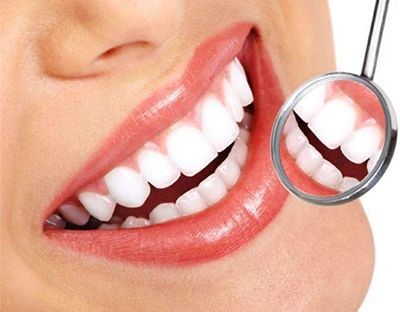Which Is Better For You, A Dental Bridge Or An Implant?
Posted By Son Carroll
Body
In addition to affecting your appearance and speaking, missing teeth can reduce your spirit and self-esteem. Dental bridges and implants are the most often used remedies for these issues.
Bridges and dental implants provide comparable results. On the other hand, their technological differences are substantial. You must be completely aware of your options if searching for the ideal replacement technique for lost teeth.
Let's approximate the pros and cons of dental implants and bridges. Look at elements that can assist you in determining which option is better.
A dental implant: what is it?
A dental implant replaces This component with a metal post—usually titanium. The new bone should form around the implanted metal over many months. A crown will be tightened on top of the implant and locked into place after the new structure has been examined by your dentist and deemed sufficiently secure. Achieve a Perfect Smile with dental implant singapore.

A Dental Bridge: What Is It?
A dental bridge is cemented to the neighboring healthy teeth to bridge a gap in a recipient's smile. After that, a bridge is affixed to each tooth to replace the lost teeth, and a cap is placed over each one. There might not ever be teeth on either side of a hole. Installing a so-called cantilevered bridge is one way to solve this issue. With the help of dental bridge singapore, the bridge structure hangs over the space left by losing a single tooth.
Benefits and Drawbacks of Dental Implants
Dental implant Bukit Timah gives you several benefits, chief among them being reduced stress on neighboring teeth and the promotion of gum and bone mending behind the tooth. They also usually lessen the long-term risks associated with the jaw. A dental implant of superior quality should last a lifetime.
Dental implants have the drawback of potentially being an expensive procedure. Particularly when numerous individual teeth need to be replaced in various locations, after the initial implant treatment, your mouth may take months to heal, necessitating oral surgery. Bridge work usually takes a few weeks, except in extreme circumstances.

Benefits and Drawbacks of Dental Bridges
Bridges are considered among the most economical ways to replace lost teeth, their primary benefit. Bridges also benefit from not requiring bone grafting when bone loss is prevalent. Additionally, bridges provide a faster method of restoring lost teeth.
Bridges have several drawbacks, chief among them being increased stress on adjacent tissues, particularly the two teeth fixed to the bridge. A bridge is, therefore, rarely anticipated to last a lifetime. Furthermore, bridges need to solve issues with underlying structural issues.
In summary
The two most famous answers for replacing missing teeth are dental bridges and implants. Each has pros and cons of its own. While implants promise permanence, a natural feel, and the maintenance of the jawbone's health, bridges provide a speedier, non-surgical solution that may be more affordable upfront. To make the most excellent decision and ensure that you have a confident, brilliant smile for years to come, it is imperative that you consult with a dental clinic SG.








Comments